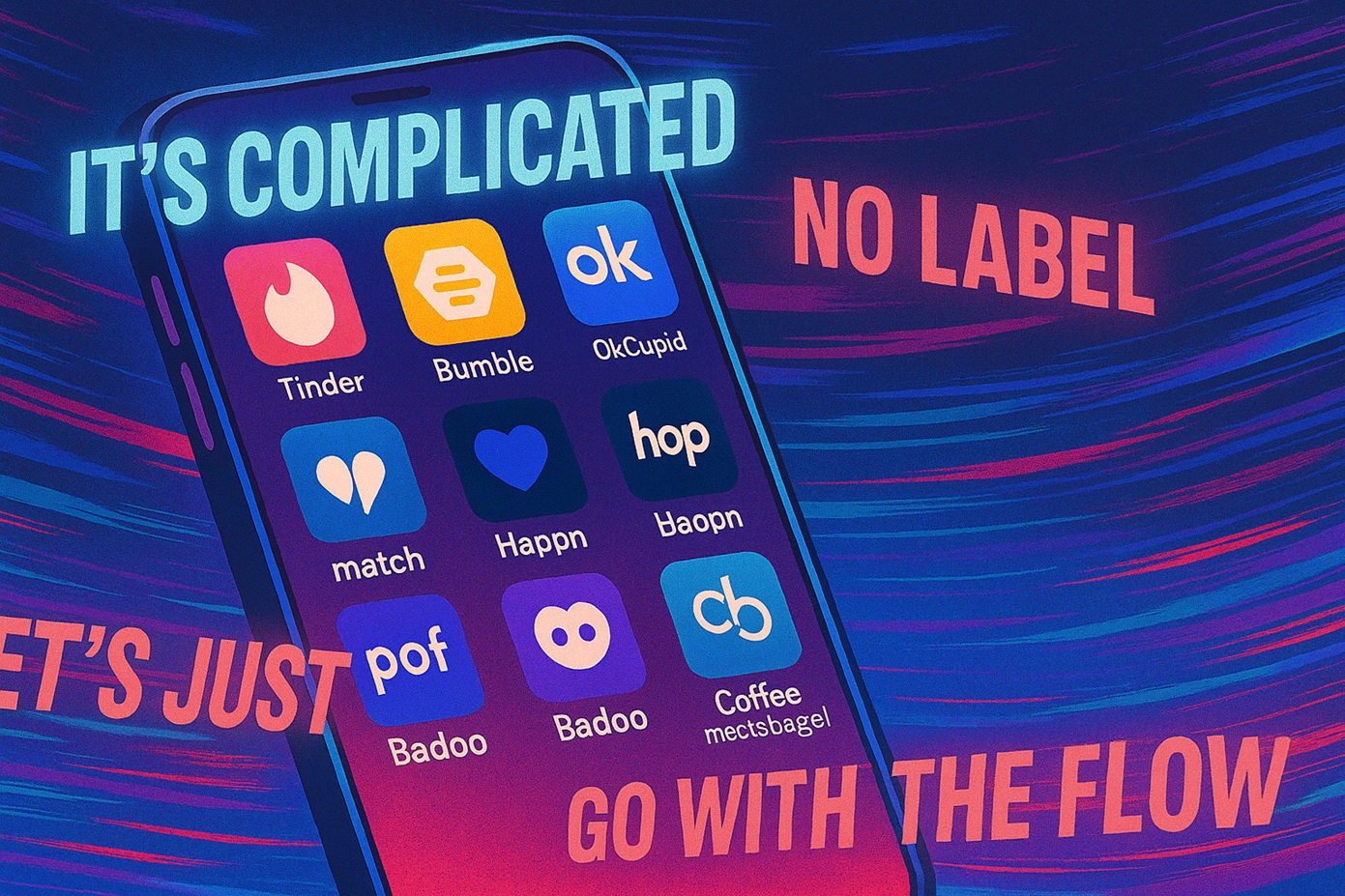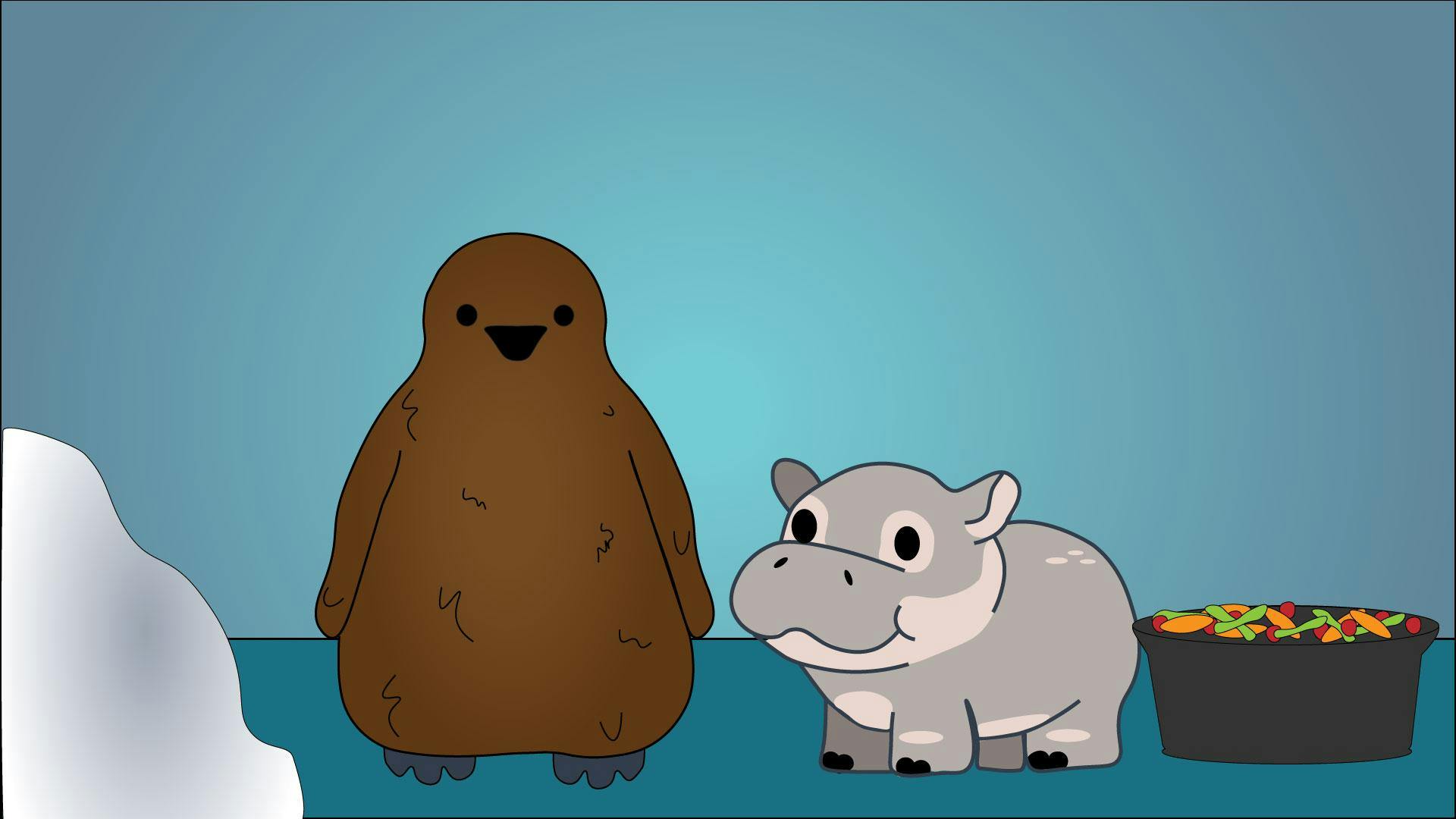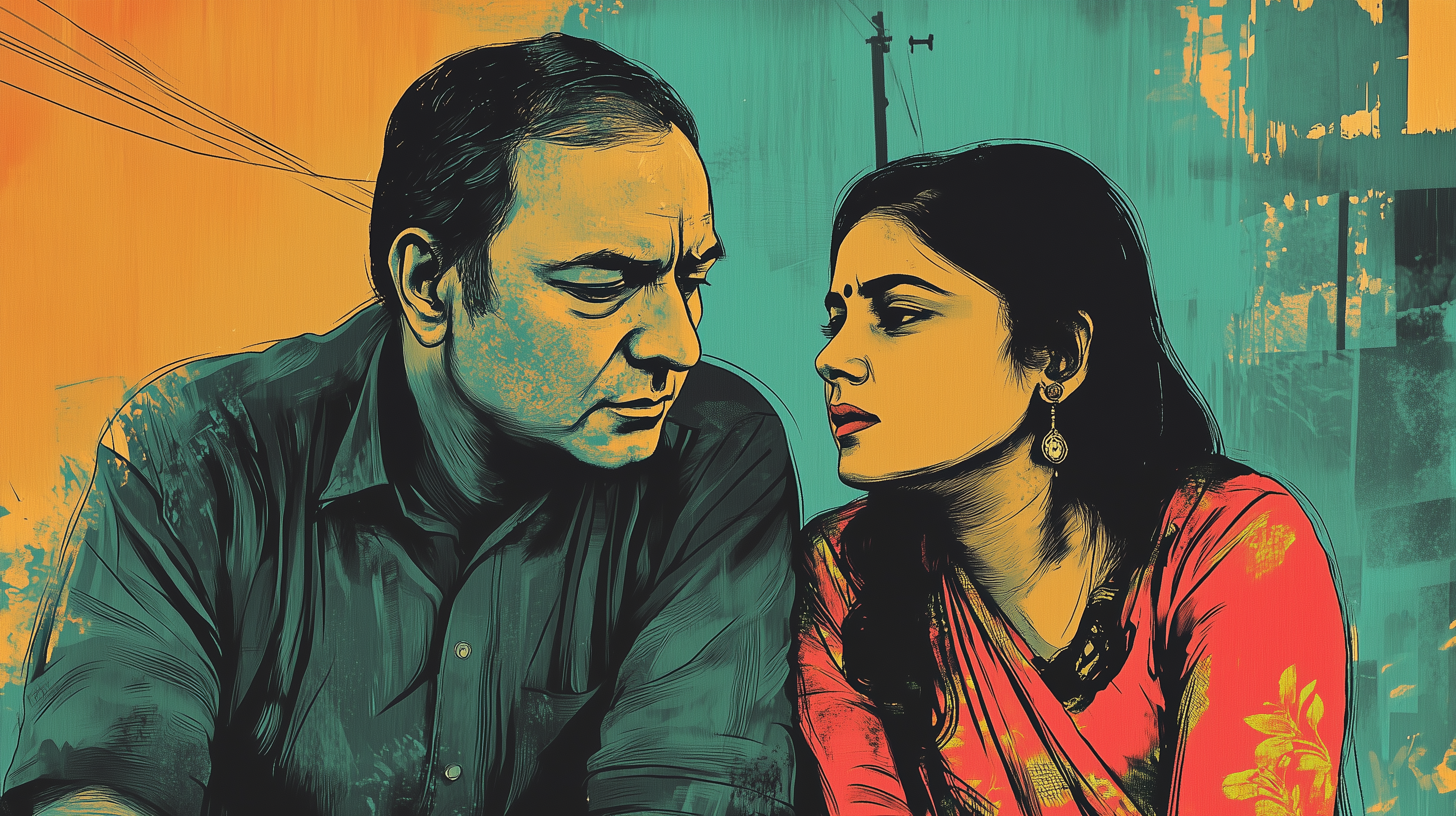“Are we dating, or…?” If that question gives you mild anxiety, you’re in a situationship. In a world of endless swipes, blurry labels, and soft launches, the term “situationship” can be hard to define. It’s not quite a relationship, but more than a fling. It’s a space where emotional intimacy grows without formal commitment. But what does it say about us? Are we terrified of commitment, or are we simply being more upfront about what we want?
For our boomer readers, the stages of modern relationships can be baffling. First comes the mutual liking stage (“I think they’re cute”). It starts with a spark. Maybe you matched on an app or exchanged glances at a party. The vibes are immaculate, but no one has said anything yet. Then comes the talking stage. Ah, the dreaded yet beloved phase of 2 a.m. texting, flirting with memes, and pretending not to care too much. Everyone and their group chat knows about it. You might even “soft launch” them on Instagram Stories (just their elbow, watch, or flowers, of course). The situationship comes after the talking stage succeeds. You’re going out regularly, maybe doing date-like stuff, but no one’s used the “R” word (relationship). Feelings exist, but boundaries don’t. This stage can last forever, and it often leaves both people wondering whether one thinks the other is out of their league, has trauma, or just isn’t ready for commitment yet. The fling phase is usually short-term and intense, often ending before anyone can call it “something serious.” There’s chemistry, chaos, and a 90% chance of Taylor Swift lyrics being applied afterward. Then we pop the question: “What are we?” One person catches deeper feelings. The other dodges all Define The Relationship talks like it’s dodgeball. You either commit, ghost, or mutually drift. Cue the dramatic playlist, therapy appointments, or couple’s brunches.
The Dating Landscape
With dating apps giving us infinite options and social media projecting curated, picture-perfect relationships, the idea of settling down feels more daunting than ever. Delayed life milestones like financial independence, career stability, and even moving out of our parents’ homes mean we’re also delaying traditional commitments like long-term relationships or marriage. Enter: the situationship—a flexible, undefined connection that fits just right with this generation’s lifestyle.
The rise of hookup culture, the fear of missing out on a better or more perfect partner, and a general skepticism toward traditional monogamy have created an environment where people are cautious with their emotions. Instead of “boyfriend” or “girlfriend,” we get “it’s complicated.” Instead of asking, “Are we exclusive?” we say, “Let’s just go with the flow.”
Situationships appeal because they offer freedom. No expectations, no pressure, no “where is this going?” dinner talks. You can maintain your independence while enjoying companionship, intimacy, and even affection. It’s the illusion of a relationship without the responsibility or the heartbreak trauma if it ends.
But that very freedom can quickly spiral into confusion and heartache. It often leaves at least one person unsure of the boundaries, afraid to ask for clarity, or stuck in emotional limbo. You sleep over, you meet each other’s friends, maybe even go on trips together—but still, no label. The lack of definition can feel liberating, or it can feel like slow emotional torture.
Living in the In-Between

One of my friends, for instance, had been “hanging out” with someone for nearly eight months. They texted daily, watched each other’s stories religiously, and went on dates. But anytime the conversation about defining things came up, he would dodge it. She stayed, hoping the connection would evolve and feelings would grow in this no-strings-attached stage. Eventually, he ghosted. “I felt like I was grieving a breakup that never officially happened,” she said.
Situationships can create real emotional bonds, but without the structure of commitment, it becomes difficult to hold someone accountable—or to even know if you have the right to feel hurt.
Honesty or Avoidance?
Some argue that situationships are a more honest version of modern love. By keeping things open-ended, we avoid false promises and societal pressures. In a world where marriage doesn’t guarantee forever and divorce is common, maybe we’re just trying to be real about the fragility of human connection.
But is it truly honesty, or are we avoiding vulnerability and the risk of getting hurt? Are we masking emotional unavailability as “being chill”? Low expectations might protect us, but they also limit deeper emotional growth. After all, how can we build something lasting if we’re too scared to even name it?
Communication is (Still) Key
For a situationship to be healthy, communication has to be clear. Ironically, this is where most of them fall apart. We want intimacy without awkward conversations. We’d rather post an Instagram story hinting at our feelings than directly ask, “What are we doing here?”
Learning to have uncomfortable conversations is part of emotional maturity. It means being honest not just about what we want—but about what we don’t want. And it means being prepared to walk away when someone else can’t meet us there.
The Psychological Toll of Ambiguity
Research shows that a lack of clarity in romantic relationships can lead to increased anxiety and lower self-esteem. Ambiguous dynamics trigger our attachment systems—we’re wired to seek safety and predictability. Situationships offer neither. Over time, this emotional limbo can cause distress, especially if expectations aren’t aligned.
A 2022 study from the Journal of Social and Personal Relationships found that people in undefined relationships reported more relational uncertainty and felt less satisfied overall than those in committed partnerships or even casual hookups.
The Cultural Shift
Perhaps the rise of situationships signals a larger cultural shift. We’re questioning traditional relationship models, exploring polyamory, queer love, and platonic intimacy. We’re no longer bound by the “date-marry-reproduce” timeline. And that’s not a bad thing.
But in all this experimentation, we have to remember that clarity is not the enemy of freedom. We can explore without misleading. We can enjoy without erasing emotional accountability.
Millennials and Gen Z Leaning Toward the Undefined

Millennials and Gen Z are the poster children of the situationship era—and for good reason. Raised during times of economic instability, global crises, and ever-shifting social landscapes, they often approach relationships with caution. Many have witnessed the divorce of their parents or have grown up on stories of failed love, leaving them skeptical about traditional labels.
Additionally, therapy culture, mental health awareness, and self-work have made younger generations more introspective. While this has helped individuals understand their patterns and needs, it has also birthed a generation hyper-aware of red flags, toxicity, and trauma—sometimes to the point of paralysis. The result? A culture that deeply values emotional safety but struggles to trust intimacy.
Algorithmic Romance
We also can’t ignore how the digital world shapes our view of relationships. Dating apps are revolutionary but gamify attraction. Conversations can be dropped mid-sentence. One swipe can replace hours of meaningful connection. In this world of abundance, people have become “options” instead of individuals.
This abundance often leads to decision fatigue and commitment anxiety. Why settle when something (or someone) seemingly better is just a swipe away? And so, we settle into the situationship—not out of preference, but out of perceived safety.
Pop Culture: The Rise of the “Almost Love”
Pop culture is filled with iconic situationships that reflect this modern dilemma. Think of Insecure’s Issa and Nathan, who had deep chemistry but always danced around commitment. Or Sex and the City’s Carrie and Big, a classic “will-they-won’t-they” that had more ambiguity than clarity for years. Even Netflix’s The Ultimatum shows just how many people linger in undefined spaces before they’re forced to choose.
Music mirrors this too—songs like Dua Lipa’s “IDGAF,” Olivia Rodrigo’s “Traitor,” or SZA’s “Normal Girl” all channel the pain and power of uncertain love. Many more songs romanticize one-night-stands and flings. These cultural moments validate that we’re not alone in the confusion and that this blurry gray zone is increasingly the norm.

Situationships are a reflection of our times—uncertain, fast-paced, and emotionally complex. They’re not inherently bad, but they require honesty, communication, and emotional clarity to be fulfilling. So maybe the question isn’t whether we’re afraid of commitment, but whether we’re ready to define love and set boundaries on our own terms.
Some people are happy in situationships, while others may feel stuck. And both are valid—as long as everyone involved knows what they’re signing up for.
After all, not every love story needs a label—but every heart deserves to be understood.








Leave a Reply